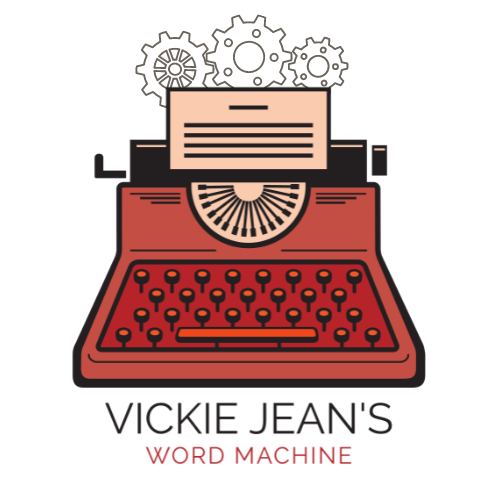Show me a writer who claims to have never written a passive sentence, and I’ll show you a liar.
Okay, that might be a little extreme. Maybe not a liar, but someone seriously self-deluded.
I write passive sentences all the time. During my self-edits, I constantly have to ask myself – what is the noun responsible for this sentence? And why am I trying to hide it?
The biggest culprit of passive-sentence structure is the corporation. Or should I say, corporations are the biggest culprits of proliferating and normalizing passive sentences! (See how I sneaked – yes, sneaked, not snuck – that slippery noun at the end of my sentence?) Minimizing the noun at the end of a sentence, or omitting it altogether, is so tempting. No noun wants to be blamed for the unsavory action of a sentence.
Examples:
Mistakes were made.
Tough decisions were arrived at. (Eww, this one has additional problems.)
The cows were let out of the barn.
Who made these mistakes? Who arrived at the tough decisions? And I really, really want to know who is responsible for losing all those cows.
In work emails, passive sentences abound. No manager or CEO wants to write, “I am laying off 200 workers on Friday.” Isn’t it so much easier to say, “On Friday, 200 employees will be laid off.” In professional-speak, passive sentences are necessary and words with multiple syllables are better than simple language.
Why?
Both methods obscure responsibility and cloak truth in cumbersome syllables. It’s hard to glean meaning from multi-syllabic, passive sentences. The reader is left scratching her head, a pit of impending doom growing in her stomach, wondering if she should show up to work on Monday.
As a journalist, my job is to pare down jargon-laden press releases to the essentials. Who? What? When? Where? Why? Once you have these elements, you know what the noun is, and you just might have some follow-up questions for that particular noun.
I have an exercise for you. Write your next work email without any passive sentences. Put the noun at the beginning, right before the verb. Take every word with more than four syllables and try to find a simpler substitute. Omit jargon. If there is an acronym, do your readers a favor by spelling out the full term in parenthesis on its first mention. (Don’t get me started on acronyms. IHOP. BK. TGI Fridays? They’ve become synonymous with being hip, and appealing to a young demographic, but are really dressed-up ways to exclude people who don’t know what the heck those letters mean. If you know what I mean. No, I don’t. Please tell me.)
Not everything needs to be shortened in order to be more easily texted with one’s thumbs. Be quiet, old person! Go back to your crosswords and gardening. Okay, that sounds pretty good to me. LOL! (BRB.)
No, seriously. Do this exercise. Write your experimental work email in plain, simple language and get to the point in paragraph one. Now read it. How does it come off to you? Does it seem too forward? Dare I say, unprofessional?
It’s something to ponder: why does simple language, expressed directly, seem NSFW (Not Safe For Work)? Have we all drank the passive-sentence Kool Aid?
I know the evils of the passive sentences, and yet I will continue to write them in first drafts. I’m a product of my environment, like everyone else. But I will reread what I’ve written, and correct all of them. I’ll identify the nouns, no matter how painful, because good writing, meaningful writing, requires a little critical thinking.
And a bit of bravery too.
